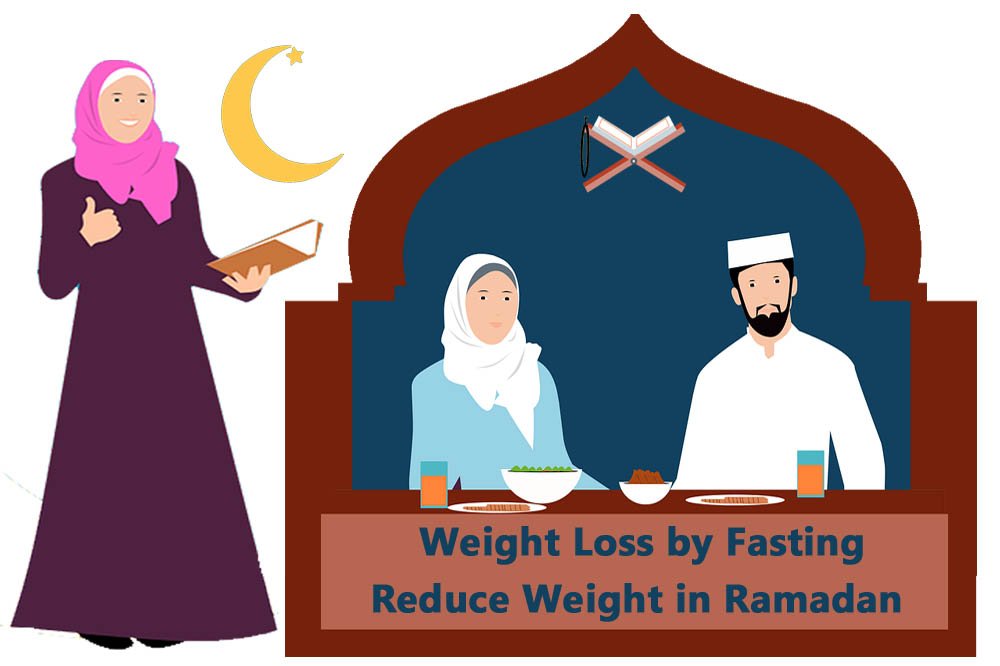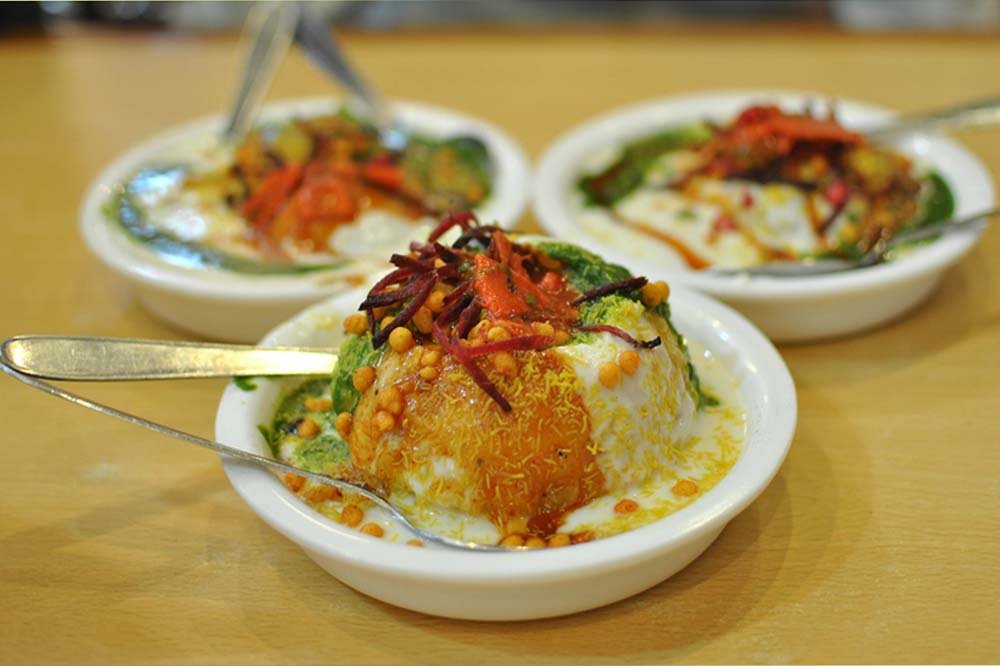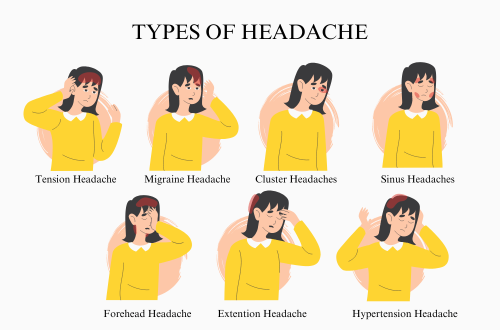Weight Loss by Fasting | Reduce Weight in Ramadan

Weight Loss by Fasting | Reduce Weight in Ramadan
Weight Loss by Fasting During Ramadan
During Ramadan, everyone starts net surfing to know about weight loss by fasting, how to reduce weight in Ramadan, and what kind of foods should be taken during Ramadan, etc. they consider Ramadan a blessed month for all Muslims of the world. During Ramadan, you can make a schedule for your meals. A meal schedule helps you to control your diet to lose weight. Ramadan is a good chance to boost your immune system. For the sake of ALLAH, Muslims sacrifice their desires in Ramadan. But do you know fasting has incredible benefits for your health?
Health Benefits of Fasting /Siam

Fasting is very beneficial for health. Modern research shows that if a person goes through fasting once a year, he/she will stay healthy compared to those who do not fast. There are numerous benefits like weight loss, healthy liver function, less chance of inflammation, physical fitness improvement, improvement in cognitive performance, and a decrease in the chances of metabolic disease.
Fasting also has many other potential health benefits such as improving heart health, brain functionality boosts, cancer prevention, and maintaining your blood pressure.
(Check out the article on: Benefits of fasting)
In this article, we are going to share 9 amazing tips that will help you lose weight by fasting during Ramadan
- Stay hydrated during Ramadan and reduce weight.
- In suhoor eat healthy foods that help you lose weight.
- Break your fast slowly at iftar may reduce your weight.
- Limit salt and sugar intake to reduce your weight.
- Reduce weight by limiting processed foods.
- Digestible food and exercise can reduce your weight.
- Spending more time in prayer during fasting also helps in weight loss.
- Minimize your stress with relaxation strategies and reduce weight.
- During Ramadan, try to adopt good habits for weight loss.
Stay Hydrated During Ramadan and Reduce Weight
Intake of more water is the most important factor that helps you to lose weight without any diet plan or activity. If you drink at least eight glasses of water per day it prevents dehydration. According to the Islamic lunar calendar, each year, Ramadan occurs on different dates. During hot weather, if you don’t take enough water, it may cause dehydration which leads to numerous health issues.
During Ramadan, drink at least 1 liter of water in suhoor, and 1 liter when you break your fast at Iftar. Don’t drink caffeinated beverages, calorie drinks, chill water, etc.
(Read an article on: Lose weight with water intake)
Eat Healthy Foods in Suhoor to Stay Healthy and Lose Weight
In suhoor, take a healthy and balanced diet such as fruits, vegetables, and, whole grains instead of unhealthy food. Unhealthy food makes you hungrier and you will feel hungry during your fasting, resultantly, your body feels weak. The best foods that you should eat at suhoor are oats, eggs, cereals, yogurt, whole grains, bread, fruit, nuts and seeds because these foods are slowly releasing and falling. These healthy foods provide you with all the nutrients that your body needs all day.
Ramadan is a chance to keep you away from an unhealthy diet. So, make your plan for a healthy meal during Ramadan that will keep you fit and healthy with fewer chances of obesity. Your right decisions for mealtimes during Ramadan keep you healthy and fit, and no chances of negative effects on your body.
At the time of Iftar, eat high-fiber dates that are rich in natural sugar, because your body lost a lot of energy during the hours of fasting. Dates are rich in magnesium and proteins and high in nutrition. During Iftar, avoid drinking cold drinks, coffee, and other junk foods that may harm your stomach. Prefer foods that are easily digestible such as soups, salads, etc. Be aware of gaining weight in your iftar.
Control Your Salt and Sugar Intake in Suhoor and Iftar

Many dietitians say that if you restrict dietary salt: you can increase the chances of weight loss. The foods that are packed in canned, spicy food, and salted snacks increase fats and also increase your thirst during the day. In Ramadan, some dishes can be challenging to resist such as sweet delights and dishes. Sometimes, instead of losing weight, you increase your fats because of sweet dishes made of processed sugar.
Why do you feel hungry sooner during Ramadan?
The answer is sweet dishes because when you eat any sugary foods, your body metabolizes, and breaks them quicker, as a result, you feel hungry sooner. Fruits, dried fruits, and honey are natural foods that contain natural sugar which keeps you full the whole day.
Lose Weight by Avoiding Processed Food

Processed foods have a high amount of salt, fat, and sugar which is not part of a healthy diet. Many dietitians said that processed foods make you fattier as compared to consuming unprocessed food.
During Ramadan replace all processed food with that food that seems healthy for you such as:
- Drink more water instead of sugary drinks.
- Keep processed foods away from your home.
- Fill your Iftar and suhoor table with vegetables, fruits, and with healthy food instead of unhealthy food.
- Cook your meal at your home.
- Stock your kitchen with nuts, fruits, carrots, and whole-grain in Ramadan.
Highly processed foods include:
- Sugary drinks
- Candies and chocolates
- Frozen desserts and ice cream
- Junk food such as pizza, burgers, and french fries
- Cakes, buns, and muffins are bakery products
- Sausages and deli meats
Digestible Food and Exercise Can Reduce Your Weight

Do you think that only exercise makes you fit and healthy not at all? In Ramadan make a healthy diet plan for your Iftar and suhoor and try to keep fit. Prefer digestible food do work out before suhoor and walk for 30-40 minutes after Iftar will help you digest foods quickly and make you fit.
When you do work out drink plenty of water it fulfills the whole day’s water needs that you missed while fasting. Working out that you do at suhoor time in Ramadan helps you to burn your body fat more quickly.
(Read an article on: 14 Exercises to lose your weight)
Spend More Time in Prayer During Fasting Helps in Weight Loss
Ramadan is a holy month for all muslims in the world so it makes sense you have to spend more time reciting Holy Quran and prayer. Prayer is the best way to keep your mind relaxed and keeps you away from unusual thinking and stress which is the reason for obesity. You should turn your thoughts to prayer when your mind starts thinking about food. Recitation of the Holy Quran helps you to remember why you are celebrating Ramadan.
Minimize Your Stress with Relaxation Strategies and Lose Weight

Cortisol hormone is released when you are in a stressed condition which makes you hungrier and as a result, you eat surgery, and high-fat foods. The Cortisol hormone-releasing chances increase when you feel stress in a fasting condition which can be the reason for obesity. Find out some relaxing strategies such as meditation, yoga, deep breathing, or some other hobbies which makes you happy and release stress.
- Try coloring
- Go for a walk where nature shows its beauty
- Read your favorite books
- Meet and spend time with your friends
- Listen to Holy Quran recitation during Ramadan
- Snuggle with your family
During Ramadan Try to Adopt Good Habits for Weight Loss
Ramadan is a month of good deeds and noble acts for every Muslim and it built the habit of sadaqah and makes you able to help poor people as much as possible. During fasting, you control your craving for food throughout the day.
During Ramadan, spend more time helping the poor and spreading positivity which makes you happy and release your stress. As a result, you will feel happy, according to dietitians when you feel happy your body burns a lot of calories if you are fatty. Eat healthy foods during Ramadan to stay healthy and lose weight.
Change Your Food Habits During Iftar and Sahoor

Let us tell you some basic and simple steps that will help you lose weight during Ramadan. You should change your food habits in sahoor and iftar to keep yourself energetic. Control yourself to do overeating at iftar and try to eat green veggies salad and fruits according to need. Never eat fast food and drink cold drinks such as coca cola, sprite, and marinda at iftar because these can be harmful to your stomach. Chew every bite of food until it completely turns down into small pieces it will help you eat less. Your stomach will digest it more easily.
Make a maintained meal plan for after iftar. You should eat a proper meal an hour or two after iftar.
Which is the best food to eat at suhoor and iftar for weight loss?
Most people love to eat fried and tasty things at iftar, which are poison for your health. Kick out the plates of junk, fatty, fried, and oily foods plates from your iftar and sahoor tables if you want to maintain a healthy weight during Ramadan. At iftar time, eat 2-3 dates’ one glass of milk fruits, etc. After namaz e magrib you should do a healthy dinner. During suhoor time, you should also prefer a healthy diet.
Can Ramadan really help to lose weight?
Yes, during Ramadan your eating routine change and you stick to a portion of regular and healthy food. In suhoor and iftar, you consume such foods that keep you to stay healthy. That is why Ramadan is the best month to lose weight with no effort.
Can You do a workout during fasting?
Yes, you can but just 20-30 minutes of a normal workout. We never recommend you do such a workout that makes you hungry before iftar. After 2-3 hours of iftar, do a workout for 30-40 minutes.
You Might be Interested In…
- Lose Your Weight by Water Intake
- Natural Ways to Lose Your Weight
- 10 Types of Teas for Weight Loss
- Weight Loss Without Exercises
- 14 Exercise to Lose Your Weight
- Reduce Your Weight With Yoga
- Reduce Your Weight With Green Tea
- Eat Tasty Fruits and Lose Your Weight
- Simple Morning Drinks for Weight Loss
- Weight Loss With Dry Fruits
- 17 Successful Weight Loss Tips
- Lose Your Weight by Vegetables


You May Also Like

Types of Headache and How to Fight Them?
16/07/2024
Fruits for Skin Whitening: A Natural Way to Make Your Skin Glowing
08/10/2023